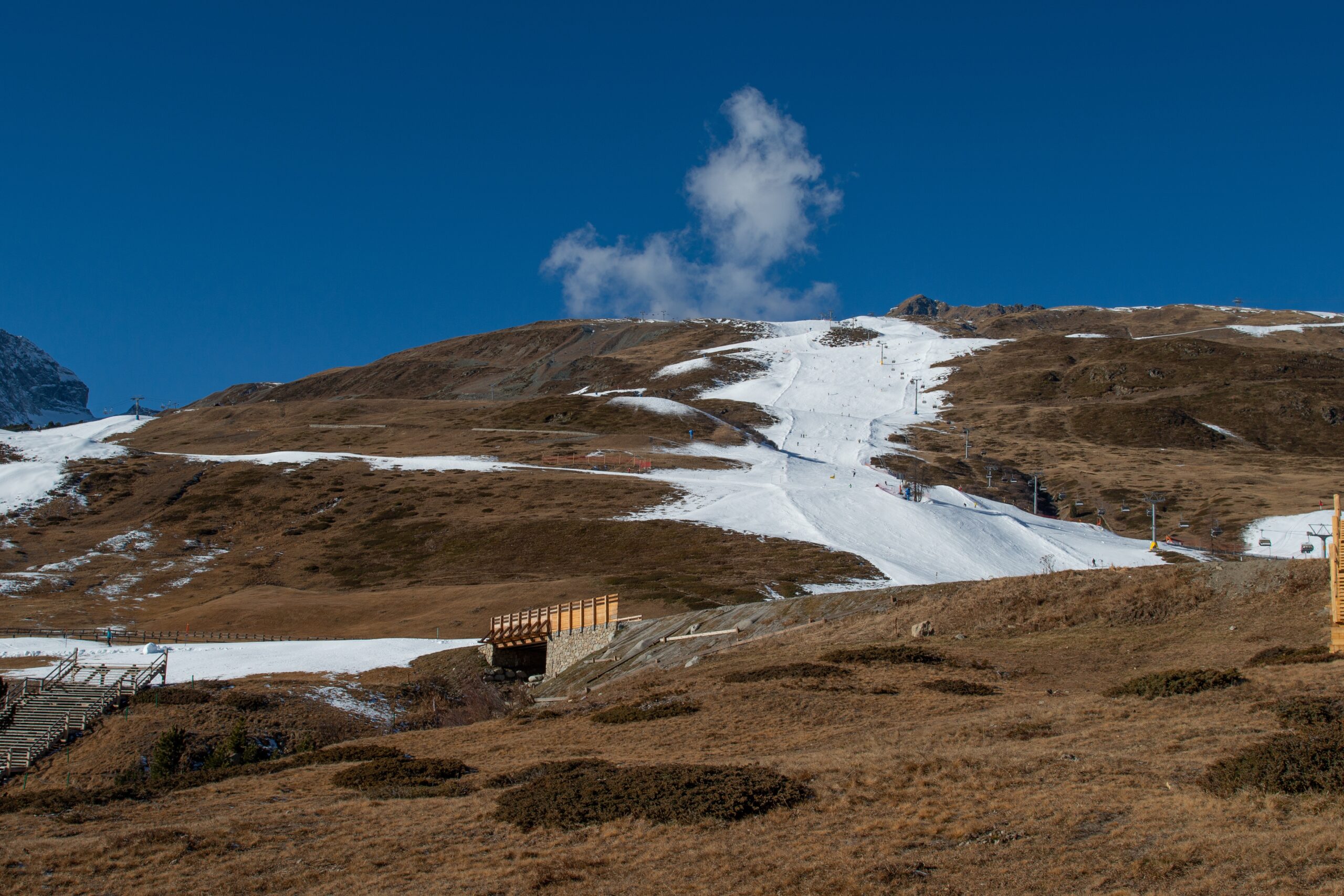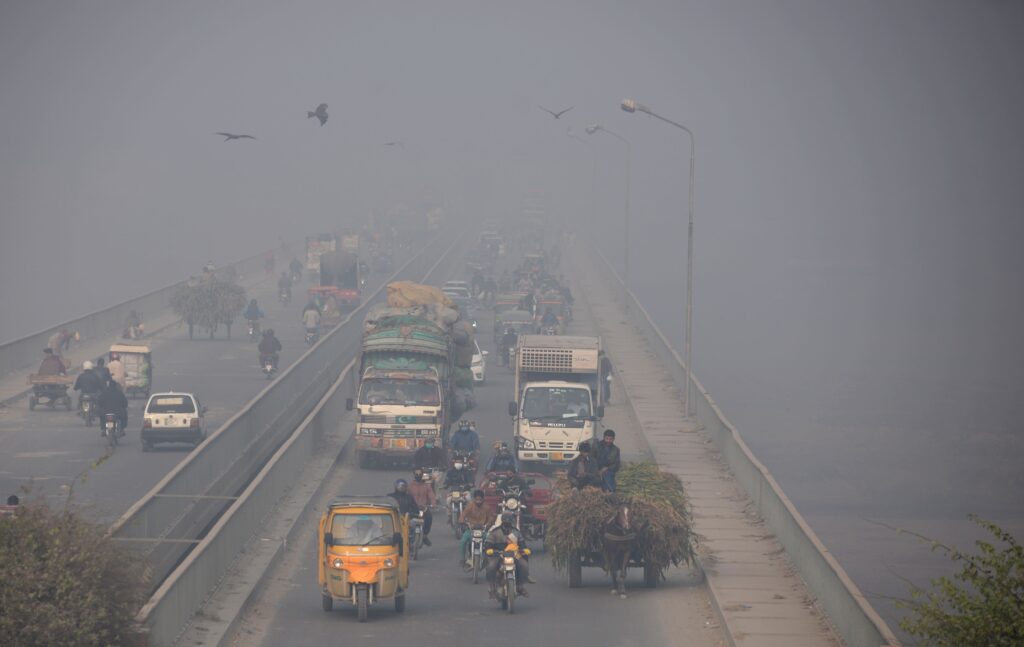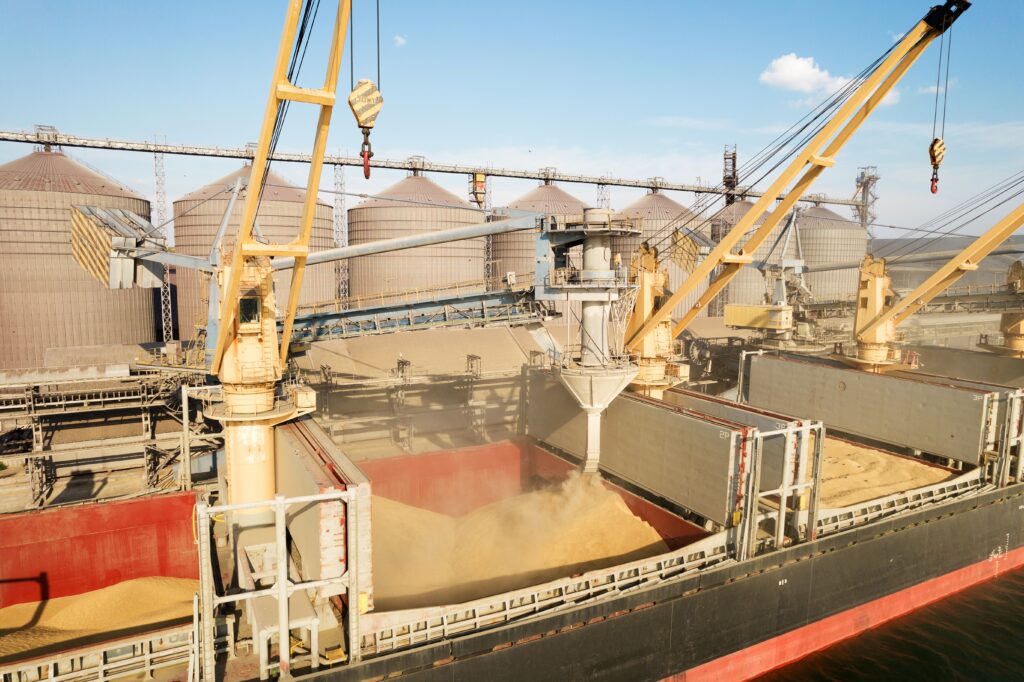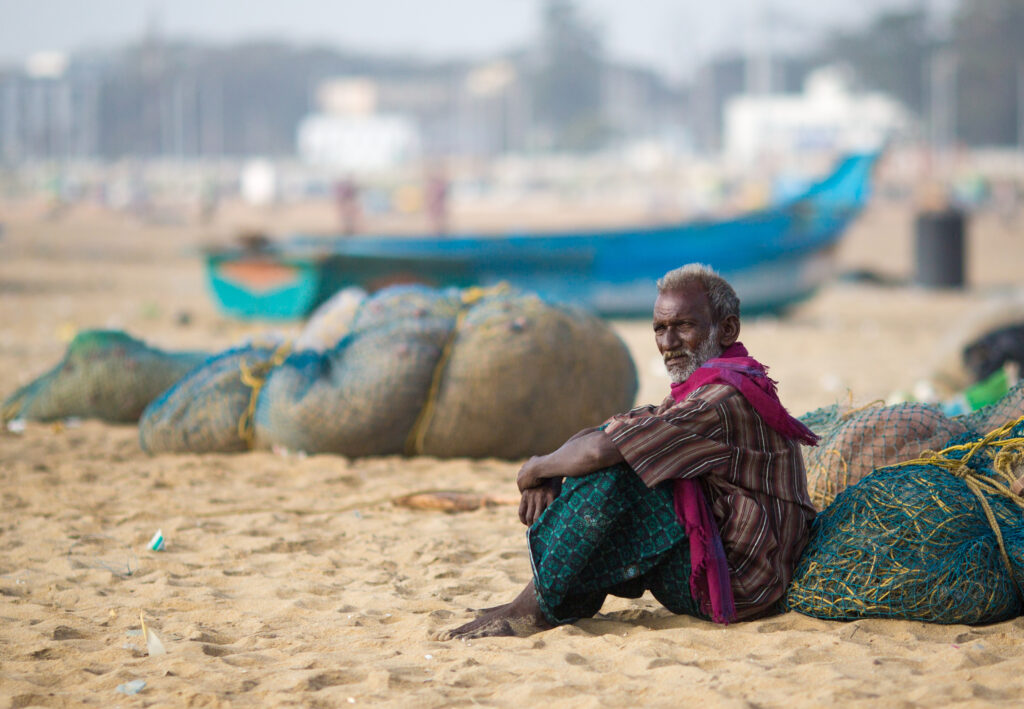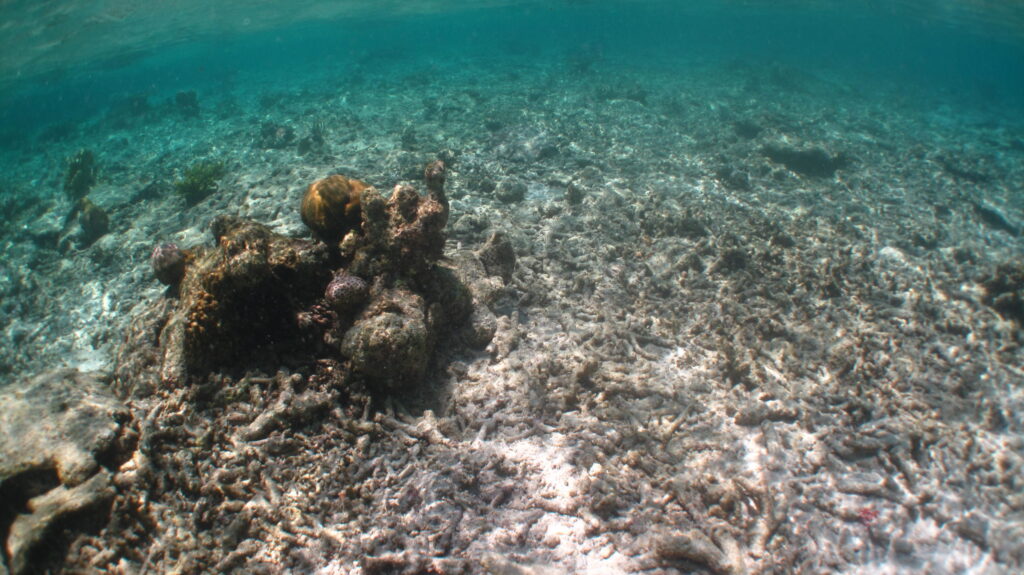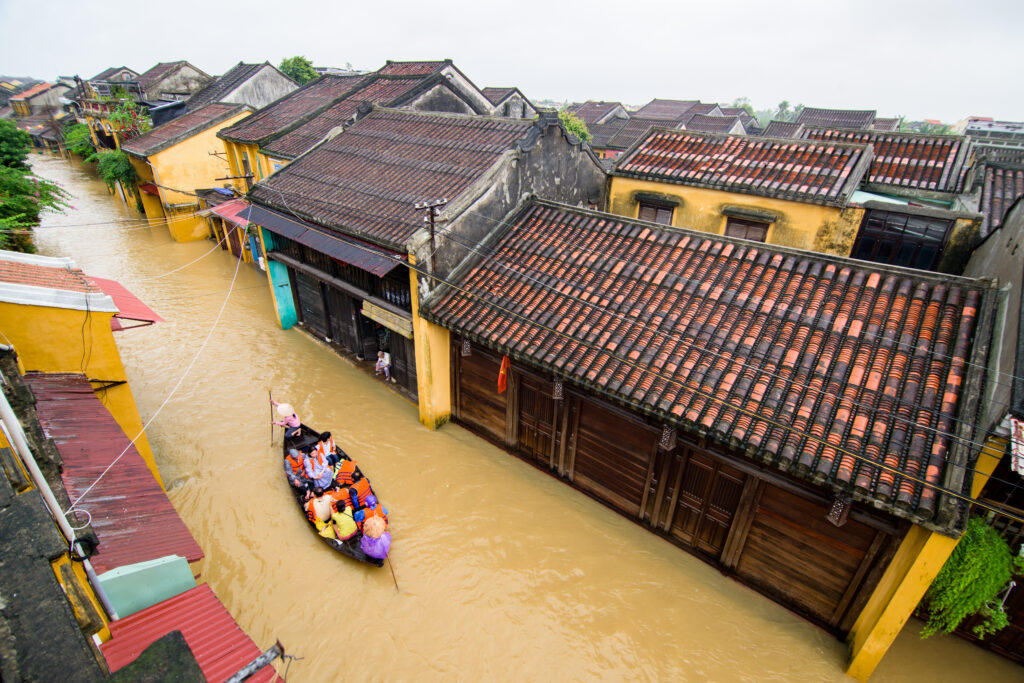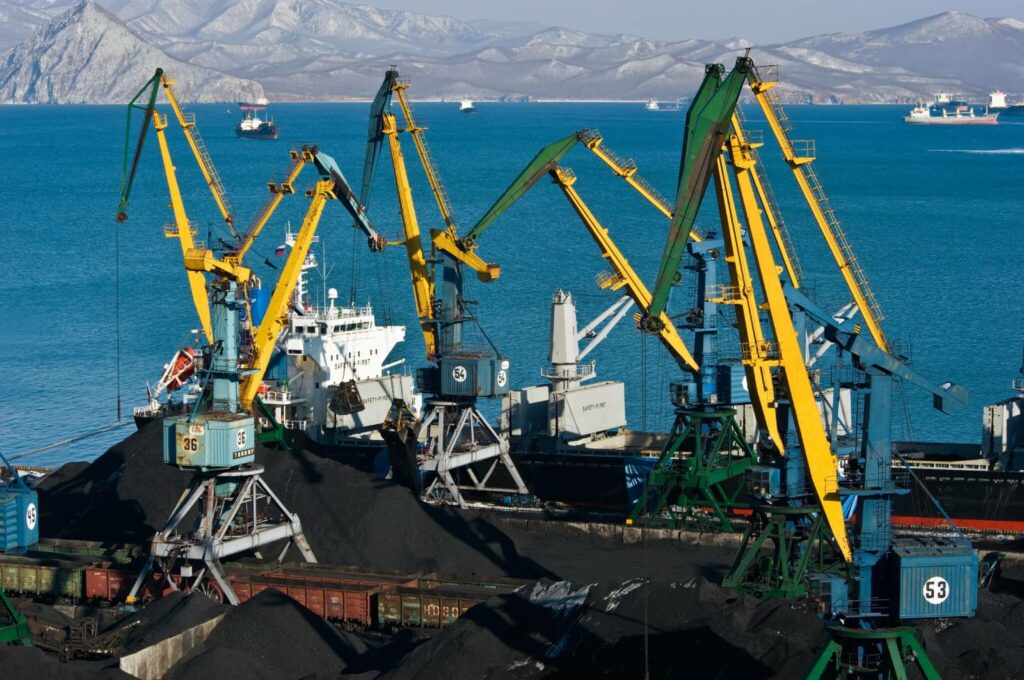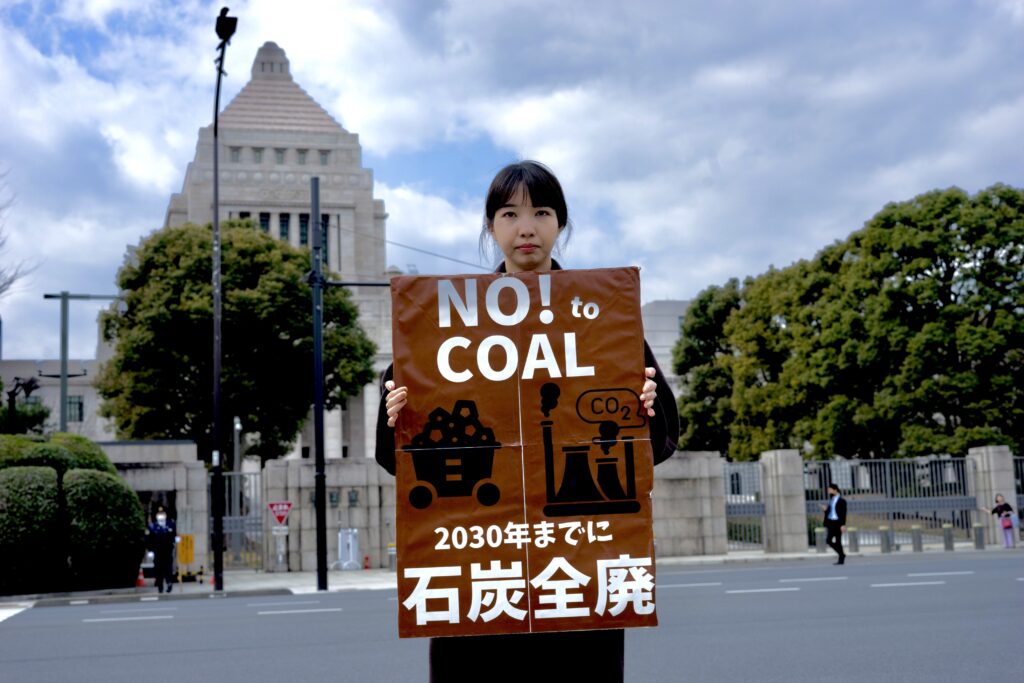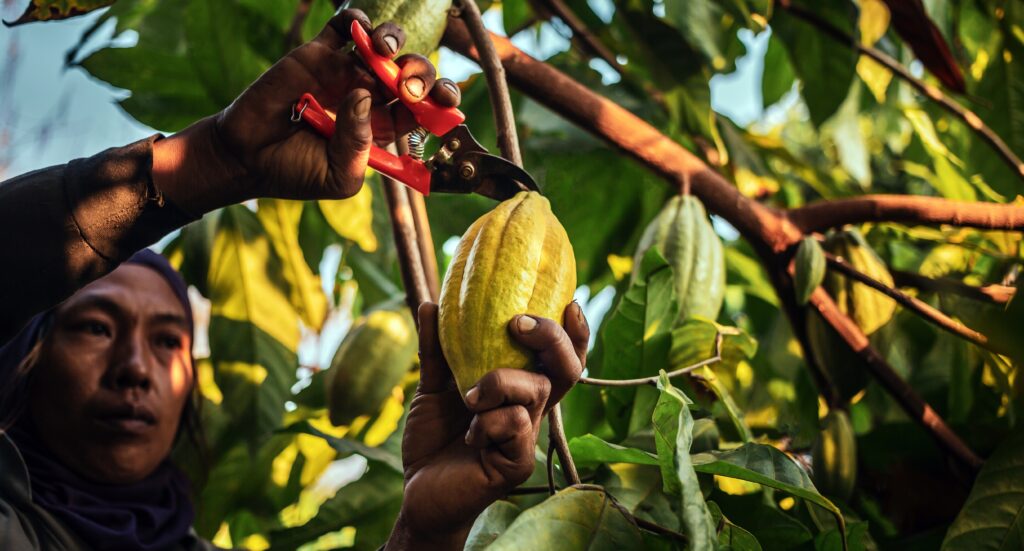Warming weather is shortening winters from New York to Switzerland – and the increasing scarcity of snow is a major reason why ski resorts are dying.
Ski resorts that once stayed open from Thanksgiving to April or May are now cutting their seasons almost in half, getting most of their traffic between January and March.
Closed Ski Resorts
This year, much of the northeastern United States saw a nearly snowless winter, forcing ski slopes to shut down or spend more money on creating artificial snow. And in Europe, a historic heatwave in January shuttered iconic alpine ski resorts such as Les Contamines, a French resort that overlooks Mont Blanc.
The Snowboard and Ski Industries and Climate Change
Within the ski and snowboard industry, it’s becoming clear that climate change has drastically altered the business of ski resorts – many of which will have to choose between operating for less time, at far higher costs, or shutting down entirely.
The world is on course to lose a significant amount of snow cover for every degree the world’s average temperature rises, according to the latest report by the Intergovernmental Panel on Climate Change.
That lost snow cover is already forcing ski areas at lower altitudes to shut, and researchers warn that the worst is yet to come.
Will Global Warming Stop Skiing?
The rise of temperatures to 2°C above pre-industrial levels could reshape winter tourism and the ski resort industry forever, especially in the famed alpine resorts of Western Europe.
Ski resorts in Austria and Italy will lose a significant portion of their overnight stays by visiting guests should temperatures rise by 2°C, according to a 2017 study by researchers from Austria, Norway and the Netherlands.
Europe, overall, could lose up to 10.1 million overnight stays at ski resorts each year, according to the study published in the journal of Climate Services. That includes up to 4.1 million in Austria alone, or about 7% of the overnight stays at its ski resorts — a large enough figure to knock many resorts, especially those at lower altitudes, out of business.
And while most slopes produce artificial snow to make up for light snowfalls, high energy costs will drive up the future cost of making powder, the study notes.
Another study by researchers at the University of Waterloo painted its own ominous picture. By 2100, only one of the 21 previous Winter Olympics locations will have enough snow and ice to sustain a future Olympic Games should emissions remain on the same course as the past two decades.
But, it won’t take that long for the effects of global warming on winter tourism to become clear. In 2023, Europe and the northeast United States provided previews of what is to come.
Why Is Skiing Declining?
Europe’s January heatwave offered a glimpse at a future where soaring winter temperatures melt powder and turn famed ski slopes into muddy hills.
In France, less than half of all the country’s slopes were open in the second week of January – unfathomable for its peak ski season. Resorts in the Alps were forced to cancel ski and winter sports events, from car and motorbike races on ice to a dog sledge race. Switzerland also had to close around half of its ski stations, and those that stayed open relied on helicopter deliveries of artificial snow.
The ski and snowboard industry has already started adapting. Many winter sports companies are responding to human-caused climate change by producing running shoes, surfboards and other all-season products.
Burton Snowboards, the industry’s leading manufacturer, is also grappling with a future of shorter, warmer winters, according to an article in The New York Times. In 2011, Ali Kenney, now Burton’s chief strategy officer, produced a troubling report on the future of snowboarding in Europe due to climate change.
Skiing and snowboarding face a similarly bleak future in Burton’s headquarters in Vermont where, according to an assessment by the University of Vermont, the ski season could be shortened by a whole month by 2080.
“Our season is certainly shorter than it was in the past,” Kenney said.
Some ski and snowboard slopes at higher altitudes, however, are posting record profits as lower slopes are forced to shut down, according to an article in Bloomberg.
“We are picking up the people who used to ski in lower-altitude stations and now want to minimise the risk that there won’t be any snow there,” Mathieu Dechavanne, CEO of the Compagnie du Mont-Blanc SA resort in Chamonix, France, told Bloomberg.
Research shows that resorts at higher altitudes or with slopes facing north will be better equipped to face climate change.
But, the costs of making snow, which has always been a major expense, is projected to go up, meaning operating ski slopes is poised to become a rich man’s game. This will leave winter sports in a warming world out of reach to all but the elite.
Nick Aspinwall
Journalist, New York
Nick Aspinwall is a journalist based in New York. He was previously based in Taipei and Manila. He reports on migration, the environment, labour rights, and the human consequences of geopolitics. Nick’s work has appeared in The Washington Post, The Daily Beast, Vice, Al Jazeera, The Nation, Foreign Policy, Reuters, The New Humanitarian and many more. When he’s not reporting, he’s probably on a diving boat or getting lost in a mountain range.
Nick Aspinwall is a journalist based in New York. He was previously based in Taipei and Manila. He reports on migration, the environment, labour rights, and the human consequences of geopolitics. Nick’s work has appeared in The Washington Post, The Daily Beast, Vice, Al Jazeera, The Nation, Foreign Policy, Reuters, The New Humanitarian and many more. When he’s not reporting, he’s probably on a diving boat or getting lost in a mountain range.

